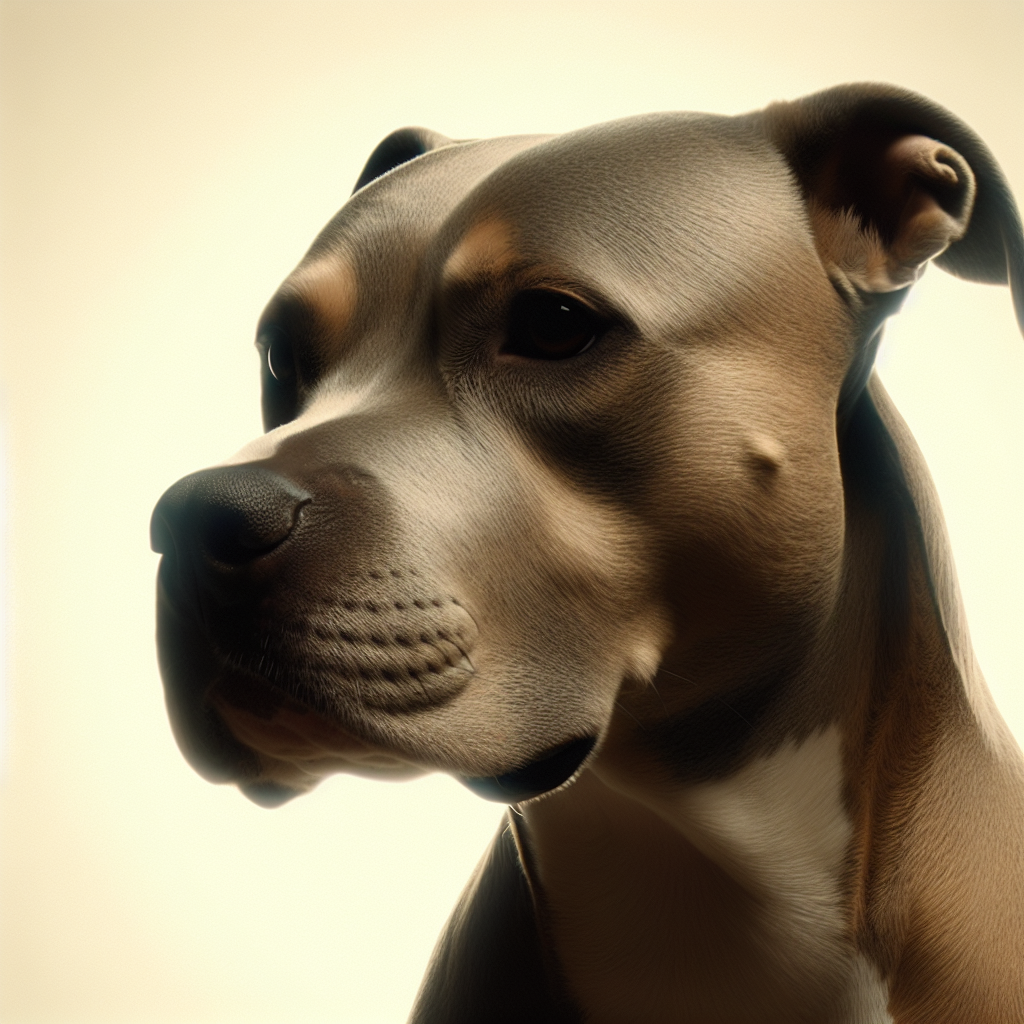
Did you know that the average lifespan of a pitbull is around 12 to 14 years? This engaging and informative article covers the ins and outs of pitbulls age, from determining the age of a pitbull dog to understanding the factors that affect their lifespan. Join us as we journey through this fascinating topic, offering insights and tips to help you better understand your pitbull’s age and provide them with the best care possible.
Understanding Pitbulls Age
Pitbulls are a breed famous for their strength, courage, and heart. Also known as the American Pit Bull Terrier, this breed has a rich history and an enduring legacy. Understanding pitbulls age and their average life expectancy is a crucial aspect of responsible dog ownership. Generally, pitbulls have a life expectancy of 12 to 14 years, subject to the dog’s overall health, genetics, and environmental factors. Like any breed, the lifespan of a pitbull can vary depending on how the dog is cared for, their genetic makeup, and the quality of their life.
Factors affecting pitbulls life expectancy include their diet, exercise regimen, mental and social stimulation, and veterinary care. By providing your pitbull with a well-balanced, nutritious diet and introducing regular exercise, you significantly contribute to their lifespan. Additionally, pitbulls should receive ongoing preventive veterinary care and treatment for any health concerns that arise, as this will also impact the dog’s longevity.
Determining the Age of a Pitbull
Knowing your pitbull’s age is essential for several reasons, including adjusting their diet, exercise, and care to ensure they remain healthy and happy throughout their lives. Various physical changes and behavioral markers can help you determine your pitbull’s age. Physical changes may include the condition of their teeth, the greying of their muzzle, the presence of any age spots, and the level of muscle mass and overall body condition.
Behavioral markers can also provide insight into your pitbull’s age. Puppies and younger dogs tend to have higher energy levels and may exhibit more playful and excitable behavior. As the dog ages, they may display lower energy levels and become more settled and relaxed. Understanding these markers and using them to determine your pitbull’s age range is crucial in providing them with the most appropriate care and support throughout their lives.
Exploring Pitbull Ages Through Developmental Stages
Like humans, pitbulls undergo various developmental stages throughout their lives. These can be roughly equated to human years, giving us a better understanding of their age and the associated milestones. The developmental stages of pitbulls typically include:
Puppies (0-2 years): Pitbull puppies experience rapid growth and development during the first two years of life. During this time, they learn social and communication skills, develop their coordination and strength, and become increasingly aware of their world.
Adolescents (2-4 years): In their adolescent stage, pitbulls continue to grow and develop physically, mentally, and emotionally. It is also during this period that hormonal changes occur, and the dog may exhibit signs of sexual maturity.
Adults (4-7 years): Pitbulls reach full physical maturity by four years and will maintain a consistent level of energy and activity throughout their adult life. Signs of aging may begin to show by the end of this stage, including greying of the muzzle and some decline in physical agility.
Seniors (7+ years): As pitbulls enter their senior years, their energy levels may decline further, and they may exhibit signs of age-related health concerns. It’s vital to monitor your pitbull’s health closely during this life stage and adapt their care to ensure they remain comfortable and healthy in their golden years.
Factors Affecting Pitbulls Age
Genetics play a significant role in determining pitbulls age and life expectancy, with some bloodlines carrying predispositions to particular health concerns. However, environmental factors and the care a pitbull receives throughout its life can also have a substantial impact on their overall lifespan. Dietary and exercise routines play an essential role in maintaining the health of your pitbull, with a balanced diet and regular exercise contributing to a healthier and longer life.
Mental and social stimulation is also crucial for the well-being of pitbulls. Providing them with positive interactions, engaging environments, and a variety of stimulating toys and activities can help maintain their mental and behavioral health. Regular veterinary care is also essential, with routine check-ups and preventive treatments that can detect and address any potential health concerns before they become severe.
Health Concerns and Pitbull Dog Age
Although pitbulls are generally healthy and robust, they are also susceptible to certain health issues throughout their lives. Some common health concerns include hip dysplasia, allergies, heart conditions, and thyroid disease. Age can also introduce an increased risk of degenerative issues, such as arthritis and cognitive decline.
Age-related health concerns also include a higher risk of developing cancer, which is one of the leading causes of death in older pitbulls. By being aware of these risks and providing preventative care, you can help reduce the impact of health issues on your pitbull’s life and ensure they maintain good health throughout their years.
In conclusion, understanding the aging process in pitbulls is essential for any responsible dog owner. By knowing your pitbull’s age and providing age-appropriate care and activities, you can help them live a longer, healthier, and happier life. The health and well-being of your pitbull are determined by how well you understand their needs in relation to their age, giving you the power to support them on their journey through life.

In conclusion, understanding the aging process in pitbulls is essential for any responsible dog owner. Key takeaways from this article include:
- The average lifespan of a pitbull is 12-14 years, influenced by factors such as genetics, health, and environment.
- Determining your pitbull’s age can be done through physical and behavioral markers, which aids in providing appropriate care.
- Pitbulls go through various developmental stages that can be equated to human development, shedding light on their aging process.
- Genetics, diet, exercise, mental and social stimulation, and veterinary care can all affect a pitbull’s lifespan and health.
- Being aware of common health concerns and age-related issues allows for preventative care, contributing to a healthier life for your pitbull.
By knowing your pitbull’s age and providing age-appropriate care and activities, you can help them live a longer, healthier, and happier life. The health and well-being of your pitbull are determined by how well you understand their needs in relation to their age, giving you the power to support them on their journey through life.
